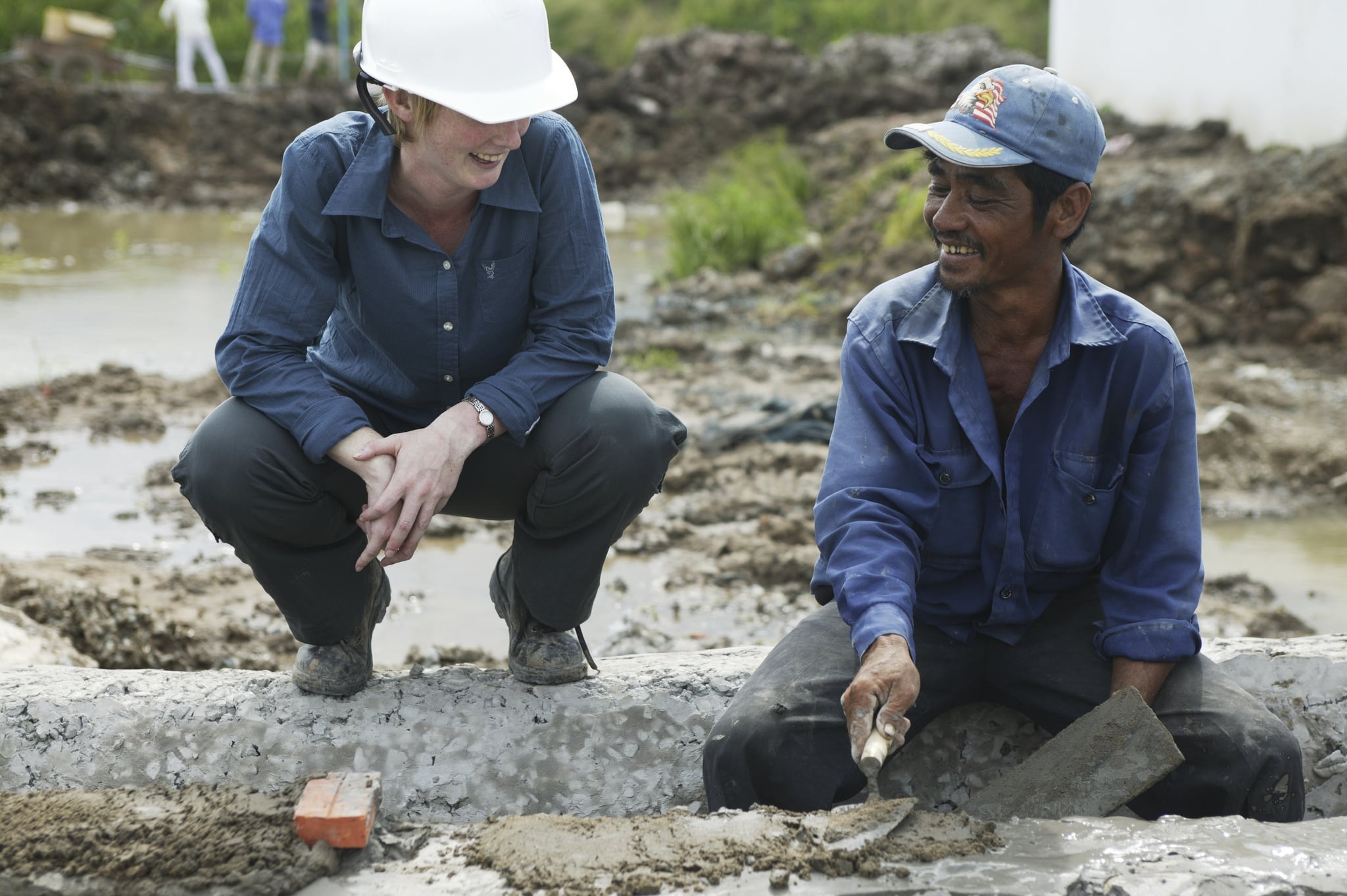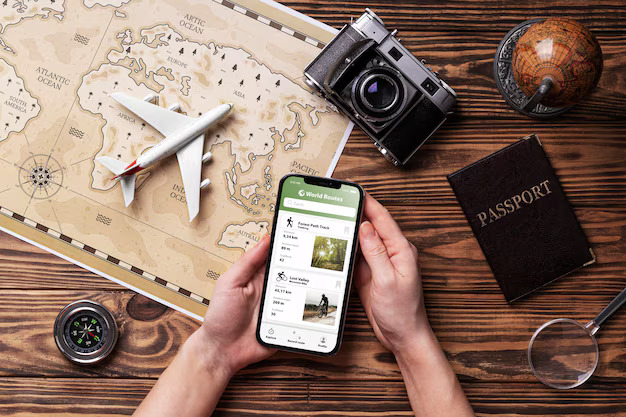In recent years, volunteer tourism — often dubbed “voluntourism” — has emerged as one of the most talked-about movements in the travel industry. It promises a deeper form of exploration, one that allows travelers to give back while experiencing a new culture. But as its popularity has grown, so has the controversy surrounding it.
Is voluntourism a noble blend of travel and service? Or is it a well-packaged illusion that does more harm than good?
In this blog, we explore the rise of voluntourism, the debates it inspires, and how it can be done right.
🌍 What is Voluntourism?
Volunteer tourism is the act of combining travel with short-term voluntary work, often in developing countries or under-resourced communities. These experiences can range from:
- Teaching English in rural schools
- Building homes or infrastructure
- Participating in environmental conservation
- Helping in orphanages or animal shelters
- Assisting in disaster relief or healthcare missions
What sets voluntourism apart from traditional volunteering is that it’s often part of a vacation or gap year experience, and typically organized through private companies, NGOs, or online platforms.
📜 A Brief History: From Mission Trips to Mainstream
Volunteering abroad has been around for decades — from missionary trips and Peace Corps programs to UN volunteer services. But voluntourism as a commercial industry took shape in the early 2000s, riding the wave of:
- Globalization and affordable travel
- The rise of the “gap year” culture
- Growing interest in purpose-driven living
- Easy access to online booking and volunteer networks
By 2010, voluntourism was booming — becoming a rite of passage for Western teens, students, and young professionals seeking both self-discovery and impact.
🌟 The Appeal: Why People Choose Voluntourism
For many travelers, voluntourism offers more than a vacation. It offers meaning.
Key motivations include:
- Giving back while exploring the world
- Learning about different cultures from an immersive perspective
- Gaining personal growth, confidence, and perspective
- Adding valuable experience to a resume or college application
- Building cross-cultural friendships and global awareness
In an age where impact, authenticity, and storytelling matter more than souvenirs, voluntourism fits neatly into the emotional and social aspirations of modern travelers.
💸 The Industry Behind It
Voluntourism has evolved into a multi-billion-dollar industry. Numerous companies and NGOs now offer packaged programs that include:
- Volunteer placement
- Accommodation and meals
- Orientation and training
- Cultural activities and tours
- Certificates or references
Prices can range from a few hundred to several thousand dollars for just a couple of weeks.
While some of this fee goes to local projects and logistics, a significant portion often goes to the organizing companies — which has fueled criticism of voluntourism’s ethics.
⚠️ The Criticism: The Dark Side of Doing Good
Despite good intentions, voluntourism has come under heavy scrutiny for a range of ethical issues:
1. Short-Term Help, Long-Term Harm
Unskilled volunteers staying briefly may unintentionally disrupt or replace local workers, creating dependency rather than sustainable change.
2. “White Savior” Complex
Critics argue that voluntourism can reinforce power imbalances and portray developing communities as helpless recipients of Western charity — feeding ego rather than solving real problems.
3. Orphanage Tourism
One of the most troubling aspects involves volunteering in orphanages. Studies have shown that some orphanages are commercially operated and children are sometimes exploited to attract donations or volunteers.
4. Lack of Cultural Sensitivity
Some volunteers enter communities without understanding local values, history, or customs — which can lead to miscommunication, offense, or tokenism.
5. Profit over Impact
Many for-profit voluntourism agencies prioritize customer satisfaction over measurable impact, turning altruism into a business model rather than a development tool.
🧭 Doing It Right: Ethical and Responsible Voluntourism
Voluntourism isn’t inherently bad — but it must be approached with responsibility, humility, and critical awareness.
✅ Here’s how to make your volunteer travel experience ethical and meaningful:
- Research the Organization Thoroughly
- Check its mission, history, transparency, and impact reports.
- Ask how your fee is allocated.
- Match Your Skills with the Project
- Choose roles where you can genuinely contribute (e.g., teaching if you’re trained, construction if you have experience).
- Commit Long Enough to Make a Difference
- Avoid “drop-in” visits. The longer you stay, the more meaningful and consistent your help will be.
- Respect Local Culture and Autonomy
- Learn about the community before you arrive. Listen more than you speak.
- Prioritize Sustainable Projects
- Support initiatives that empower locals, train leaders, or build lasting infrastructure.
- Avoid Volunteering in Orphanages
- Experts recommend donating to or supporting child-welfare organizations that don’t rely on temporary foreign visitors.
- Reflect Honestly on Your Intentions
- Ask yourself: Are you there to help — or to feel good about helping?
🔮 The Future of Voluntourism
In the post-COVID era and amid rising awareness about ethics and sustainability, voluntourism is being reimagined.
- Hybrid programs now mix virtual volunteering with local community outreach.
- Skills-based volunteering (e.g., marketing, tech training, public health) is on the rise.
- Locally-led organizations are gaining more visibility and funding.
Tourism boards, travel companies, and nonprofits are collaborating to build transparent, inclusive, and community-centered models of responsible travel.
💬 Final Thoughts: Purpose, Not Performance
Voluntourism, at its best, can bridge cultures, inspire compassion, and create mutual learning. But it must be done with humility, accountability, and partnership — not as a trend or social media stunt.
Before you pack your bags to “make a difference,” take time to ask the right questions, examine your motivations, and seek programs that listen to local voices first.
Travel has the power to change lives — just make sure it’s not only your own.


